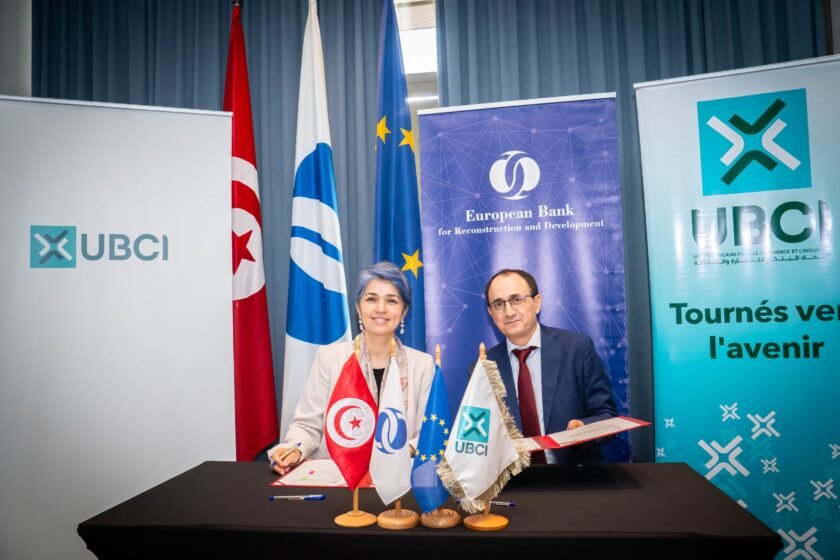The exceptional two-year (2016-2017) support that the European Union (EU) promised to Tunisia, in terms of customs clearance for the export of Tunisian olive oil destined for the EU, “fell short of expectations, “said the Tunisian Observatory of Economy (TOE) in an article entitled” Assessment of temporary European support for exports of Tunisian olive oil”.
Besides, TOE notes that only 2,557 tonnes of olive oils have benefited from the customs clearance licenses (3.7%) on the promised quotas estimated at 70,000 tonnes.
The European Parliament adopted, April 19, 2016, Regulation 2016/580 granting an additional quota cleared of 35,000 tonnes per year of virgin olive oil in a limited period until 2016 and 2017. Thus, over two years, the The EU will have to offer Tunisia a potential quota of 70,000 tonnes of olive oil cleared.
This regulation is in addition to the first regulation n ° 1918/2006 of December 20, 2006, which grants to Tunisia a duty paid quota of 56,700 tonnes per year of virgin olive oil falling under CN codes 1509 10 and 1509 90.
According to this OTE information document, published last week, only 2,557 Tunisian olive oil were exempted for export in 2016 under the new Implementing Regulation 2016/605. Only 7.3% of the promised quota out of a total of 35,000 tonnes, was exempted in 2016 and 0% in 2017.
Indeed, the EU has allowed Tunisia to export to its markets additional quotas for olive oil, following the terrorist attack of June 16, 2015 to support its economy. But, these quotas exempt from customs duties, can be exported only after the exhaustion of those authorised under the first regulation 1918/2006 (i.e. after the exhaustion of the quota of 56,700 tonnes “.
This is the condition set by the EU to “maintain the stability of the olive oil market in the Union” and reassure European olive growers. The new 2016 regulation stipulates the mid-term evaluation of the impact of the European authorisation on the olive oil market of the European Union with the possibility of suspending or correcting it.
TunisianMonitorOnline (Source: Tunisian Observatory of Economy/ TAP)




